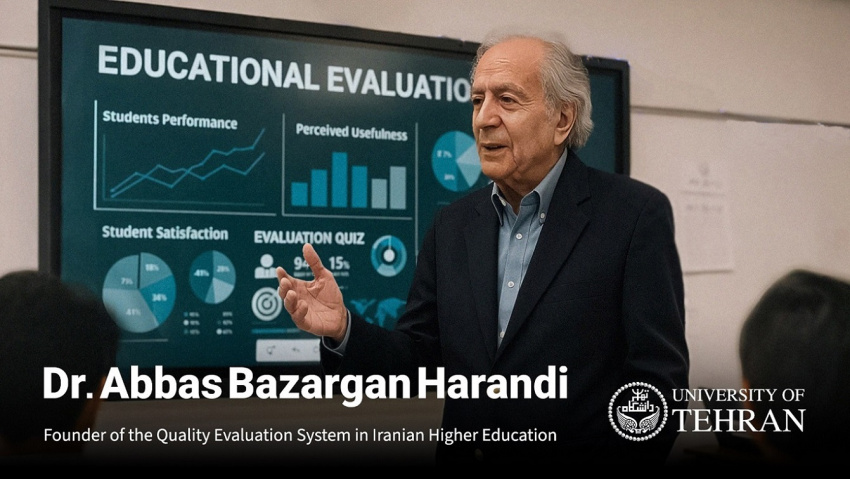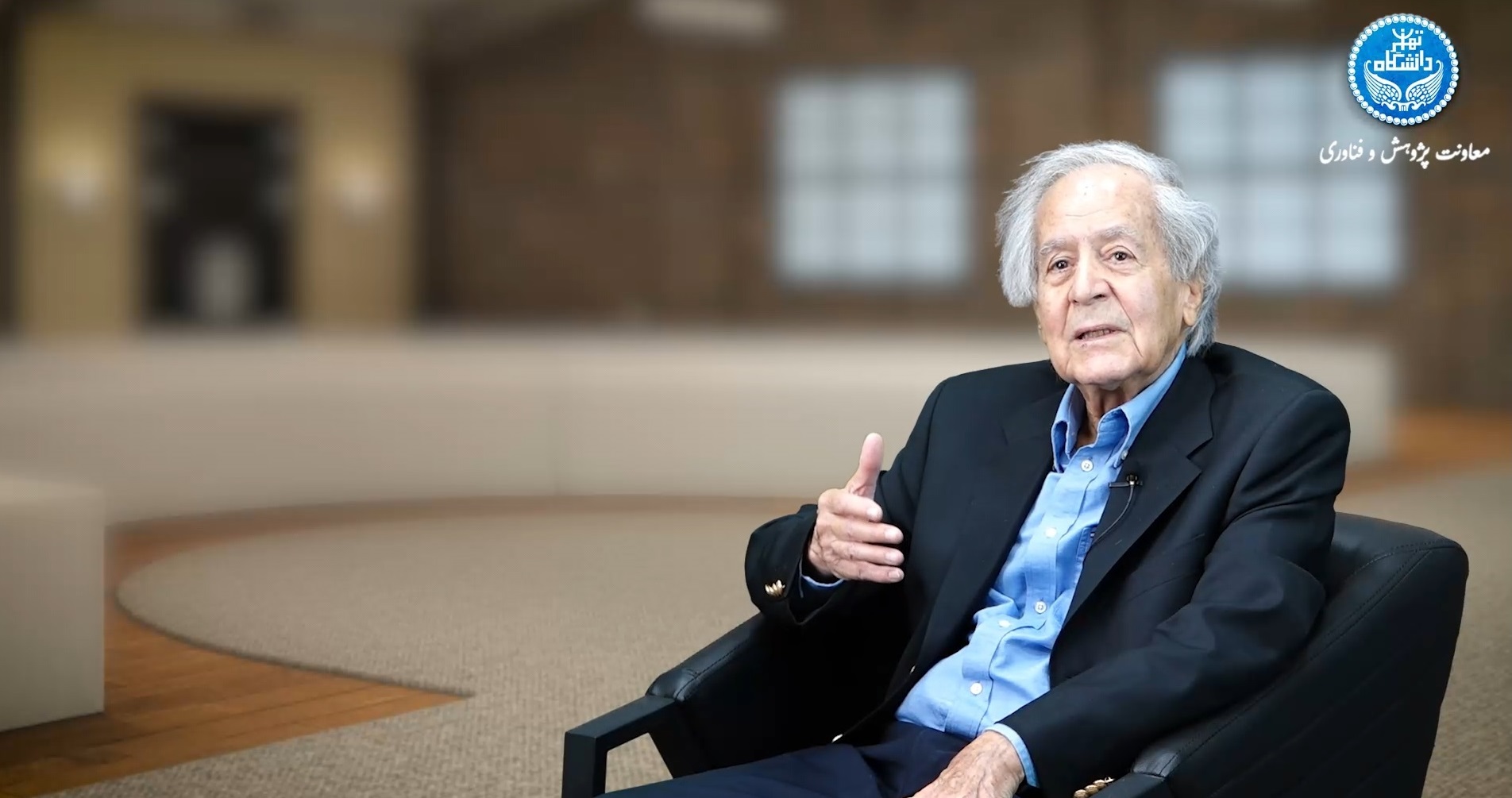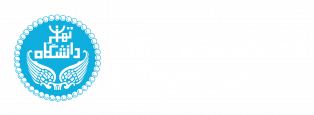Professor Abbas Bazargan: “Evaluation is the Mirror of Higher Education”

Office of Research & Technology News Desk – Professor Abbas Bazargan, a distinguished faculty member of the Faculty of Psychology and Education at the University of Tehran, shared valuable insights into the philosophy and practice of quality evaluation in higher education, reflecting on his decades-long contributions to the field.
Professor Bazargan recalled that in 1970, at the request of the Institute for Research in Scientific and Educational Planning, he designed the first statistical information system for the Ministry of Science and Higher Education. “Before that time, the authorities had no clear understanding of how many higher education institutions even existed in the country,” he explained.
“Evaluation allows individuals within a higher education system to see themselves and their institutions in a mirror.”
Emphasizing the foundational philosophy of evaluation, Professor Bazargan stated: “Evaluation allows individuals within a higher education system to see themselves and their institutions in a mirror. As the poet wisely said: ‘When the mirror reveals your flaw, do not break it—for breaking the mirror is a mistake.’ If the goals of a faculty or department are not clearly defined, its members risk becoming mere mechanical figures, believing they are serving, while in reality moving without true direction.”
Critiquing global university ranking systems, Professor Bazargan described them as largely commercial and promotional rather than genuinely evaluative. “These rankings are not suitable for measuring educational quality. I have repeatedly advised decision-makers not to rely on them as standards. The issue is not to decide whether a simple local eatery is better than a luxurious restaurant—they serve different needs. Such rankings are detrimental, especially for developing countries,” he warned.
Instead, he proposed a classification model for universities:
- International Universities
- National Universities
- Regional Universities
- Local Universities

According to him, each category should focus on solving issues aligned with its defined scope. “We must emphasize classification, not stratification. Stratification implies superiority of one institution over another, which is a misinterpretation. Unfortunately, our terminology in higher education often lacks the necessary precision,” he remarked.
Addressing misconceptions about the number of universities in Iran, Professor Bazargan clarified: “Some people believe we have nearly 2,500 universities, while advanced countries have far fewer. This is a misunderstanding. In reality, we have fewer than 200 independent institutions; the rest are affiliated campuses or branches of main universities, subject to their policies and decisions.”
“Assessment is meaningful only if followed by actions for improvement.”
Highlighting the practical importance of evaluation, he asserted that “assessment is meaningful only if followed by actions for improvement.” He further pointed out that the University of Tehran established its Center for Quality Evaluation in 2006 during the presidency of Dr. Reza Faraji, who wisely supported and implemented this initiative. The center has since operated directly under the supervision of the university president.
“Quality evaluation in higher education without the active participation of academic staff is like shooting an arrow in the dark—it will never reach its target.”
In conclusion, Professor Bazargan underscored the role of faculty members in this process: “Quality evaluation in higher education without the active participation of academic staff is like shooting an arrow in the dark—it will never reach its target.”

Your Comment :